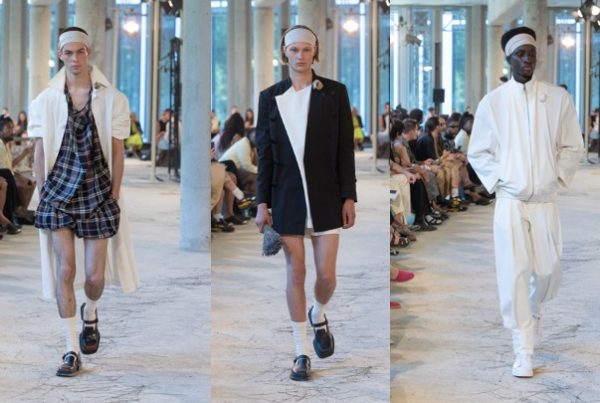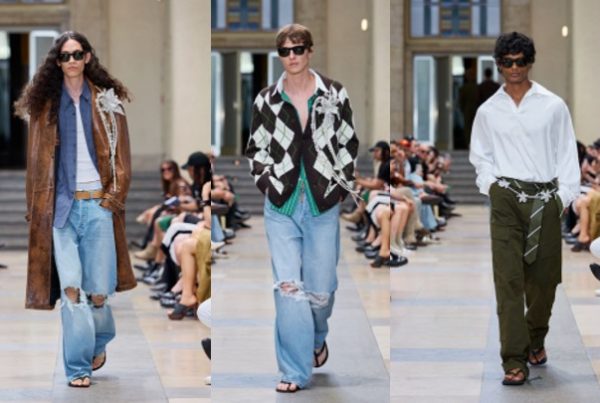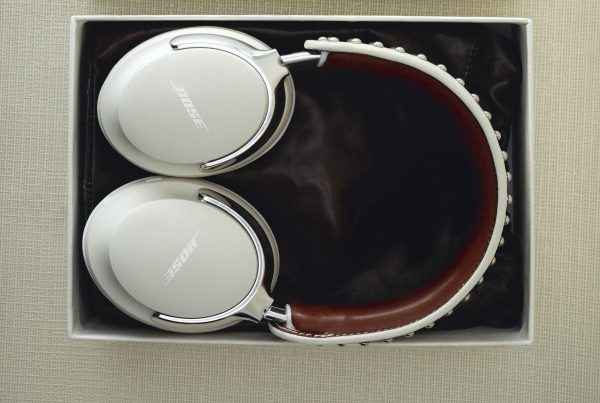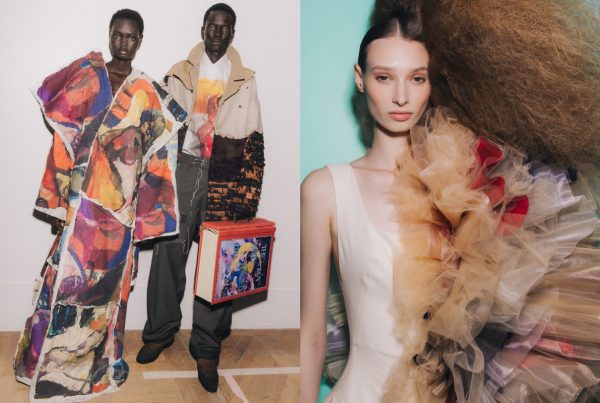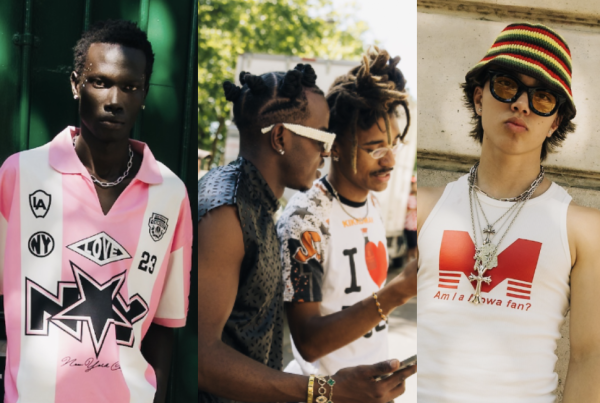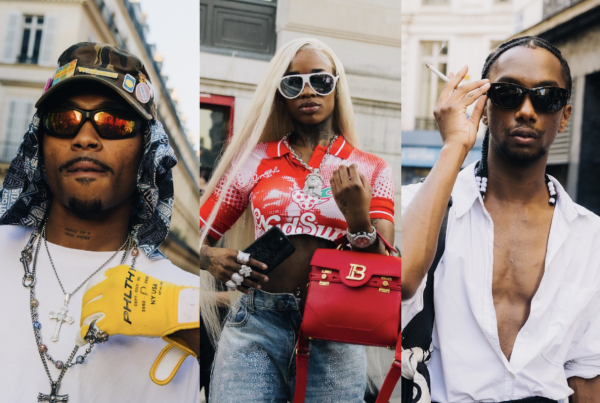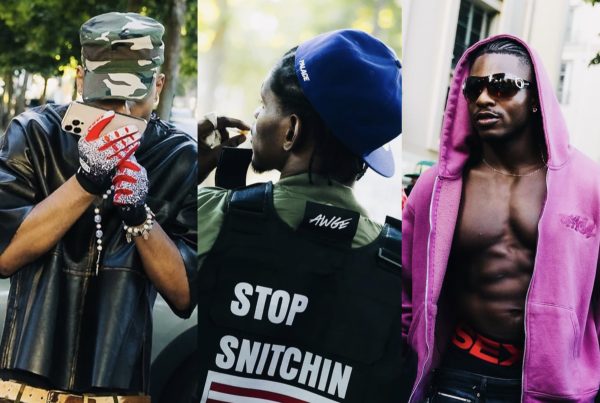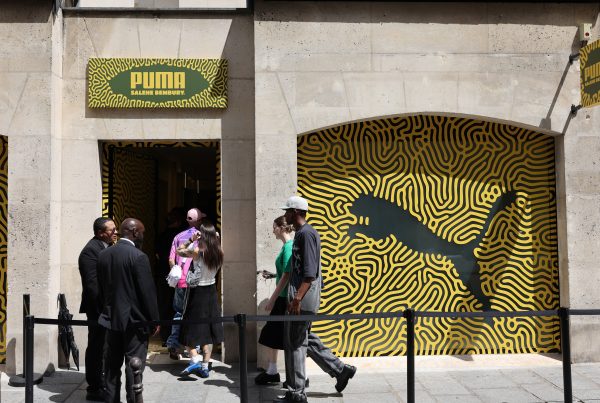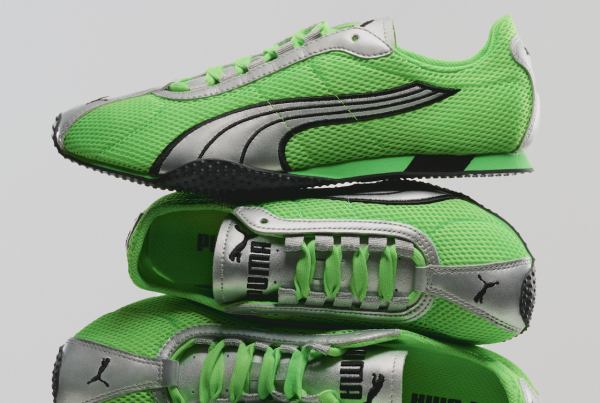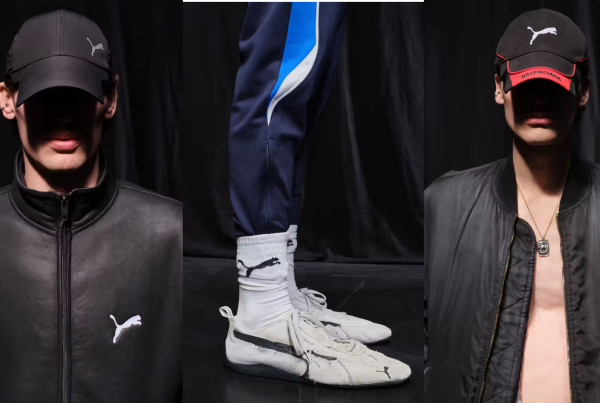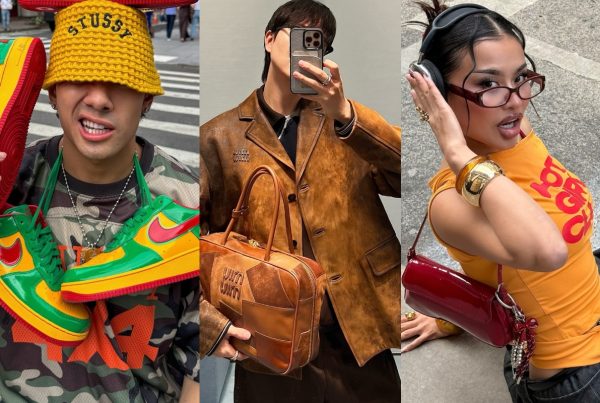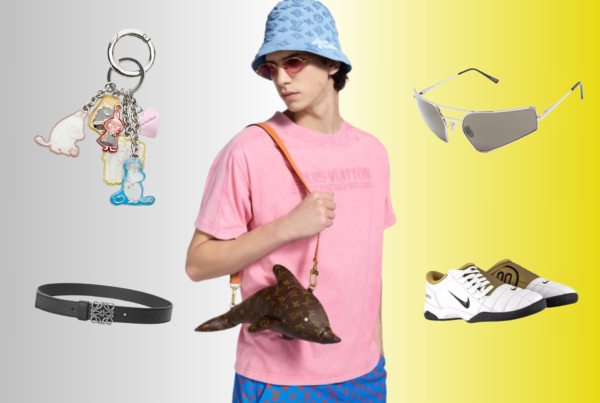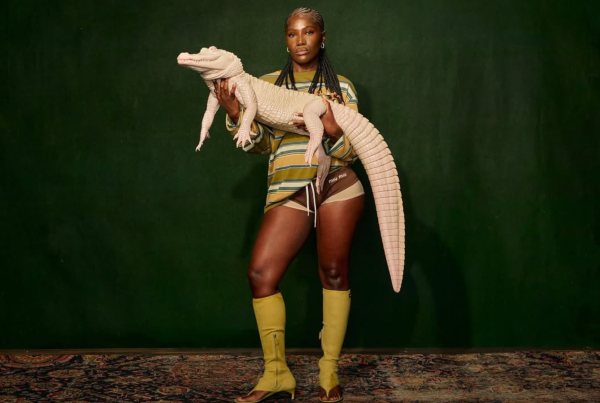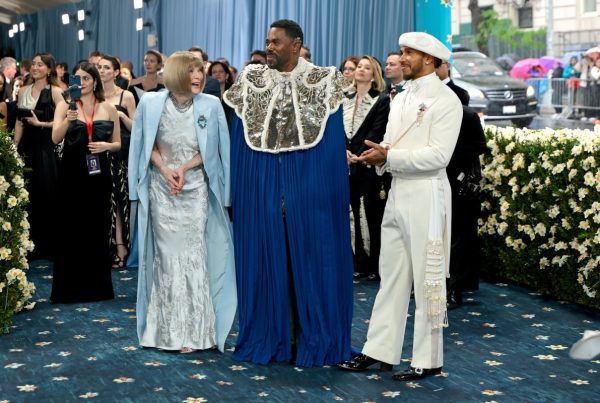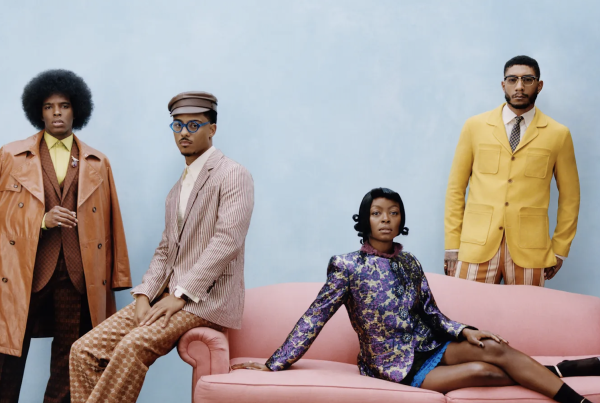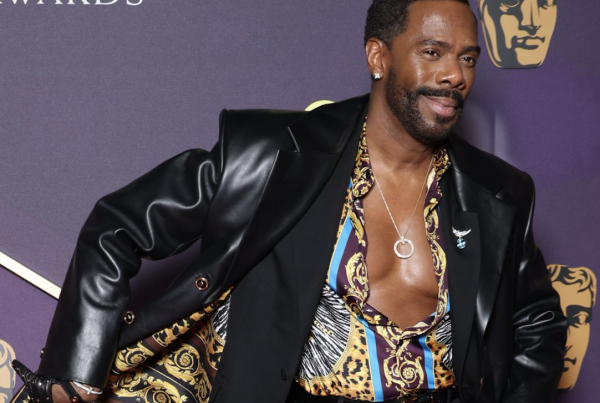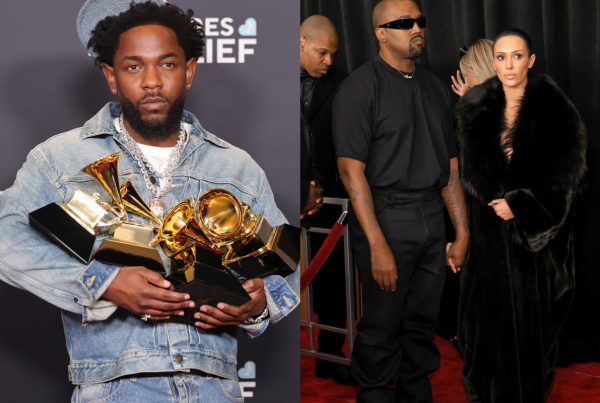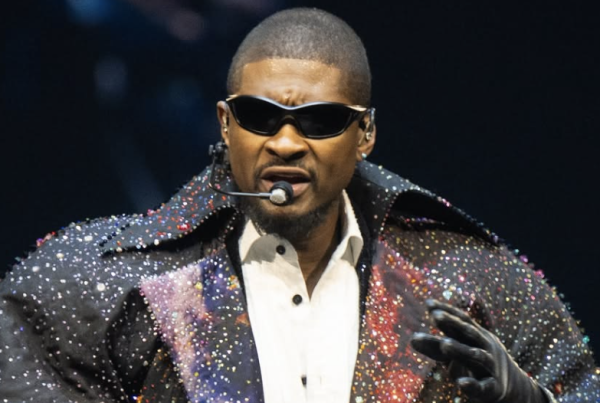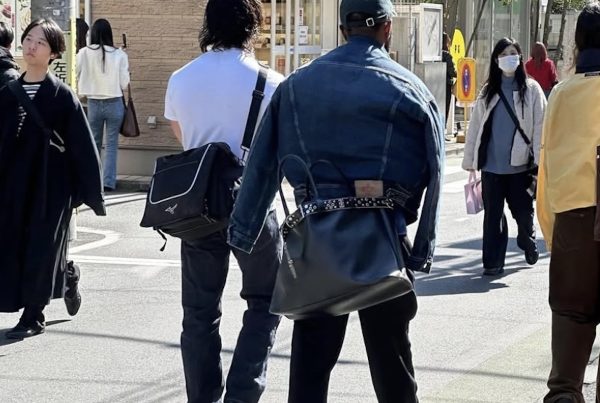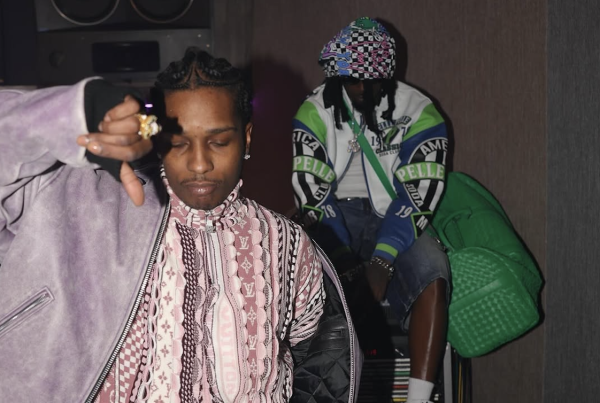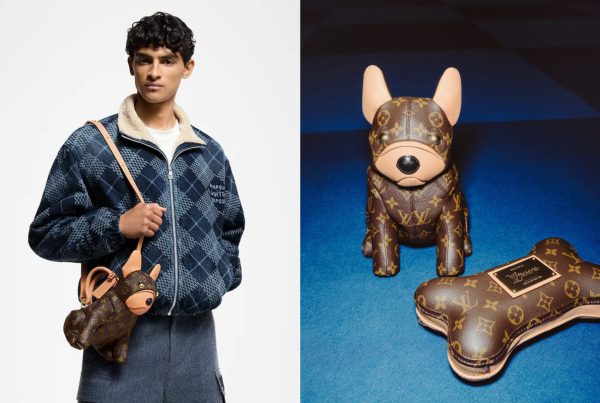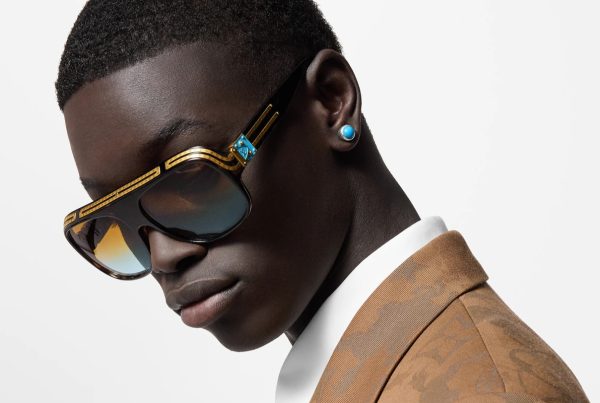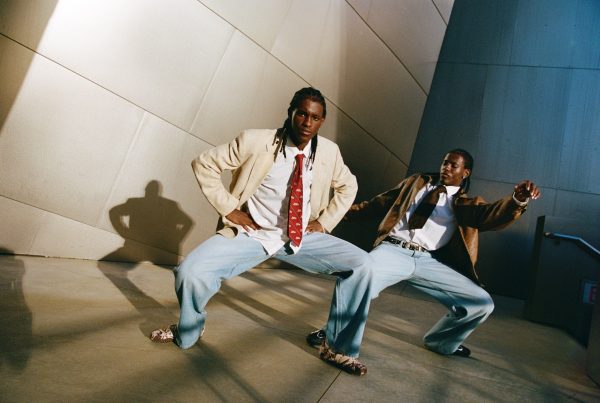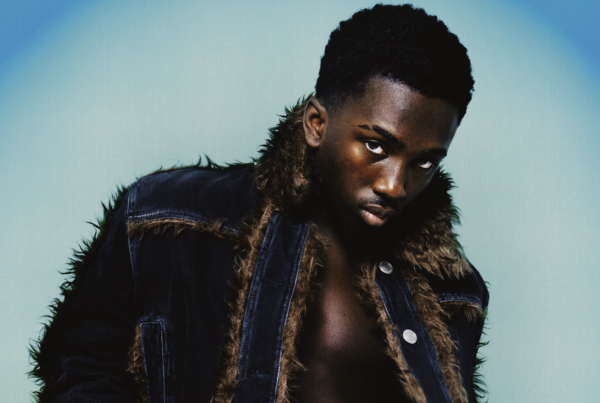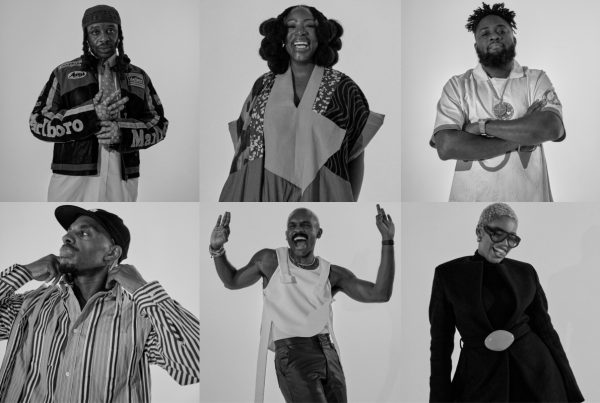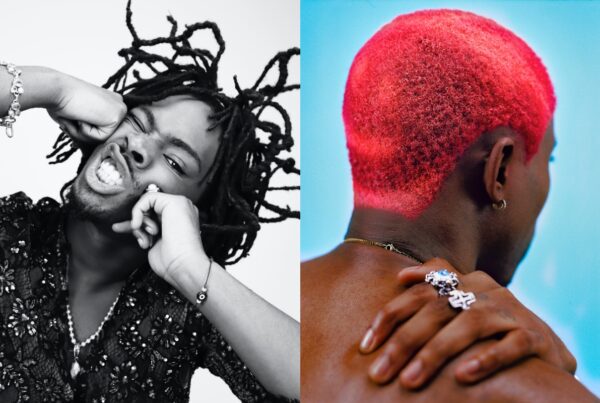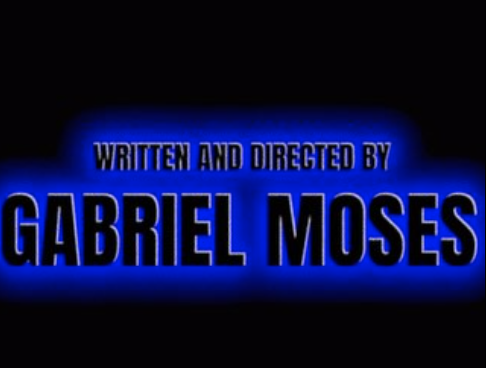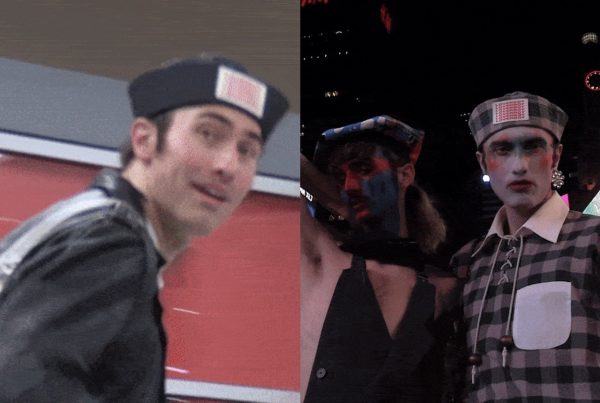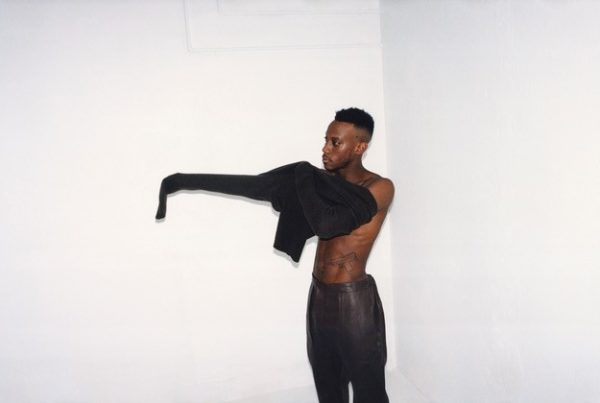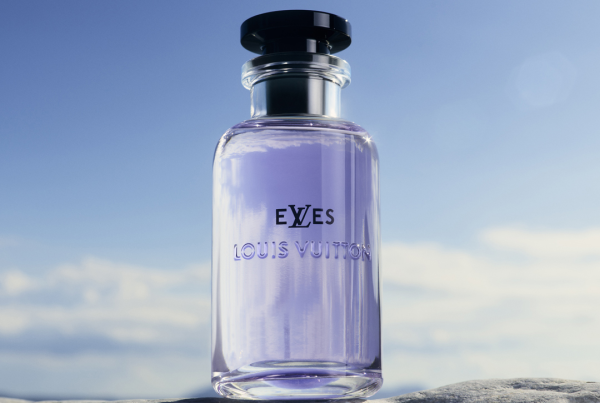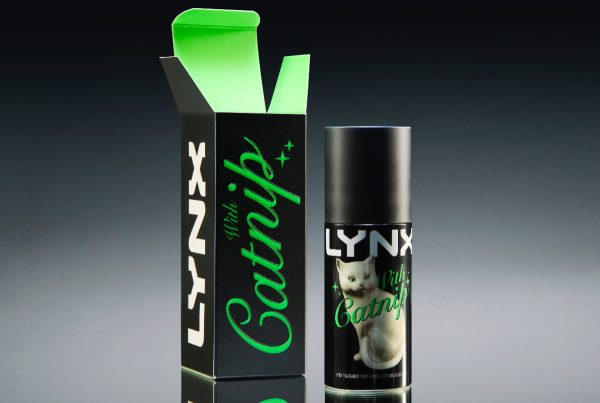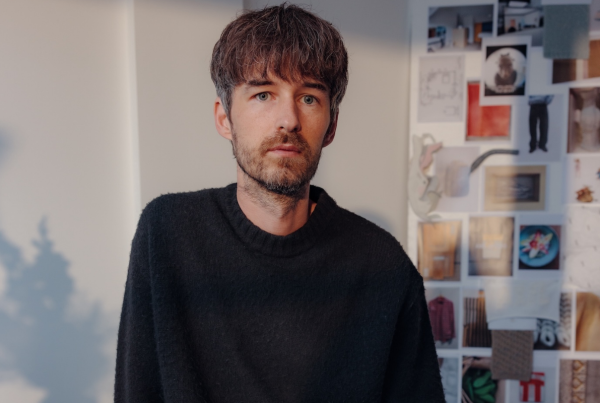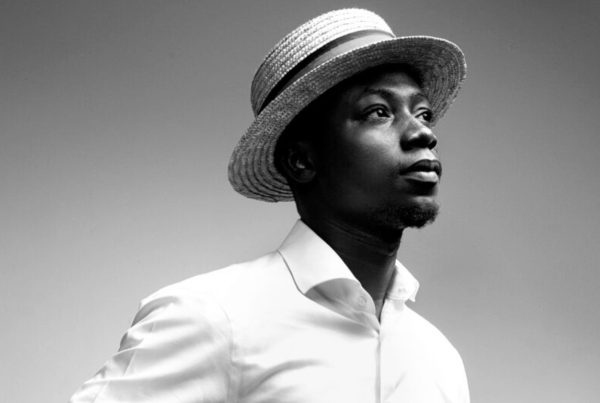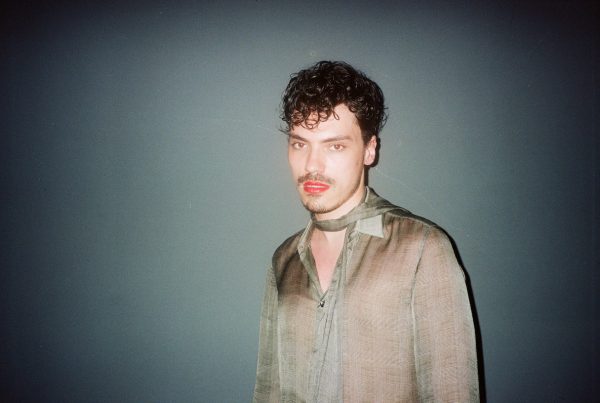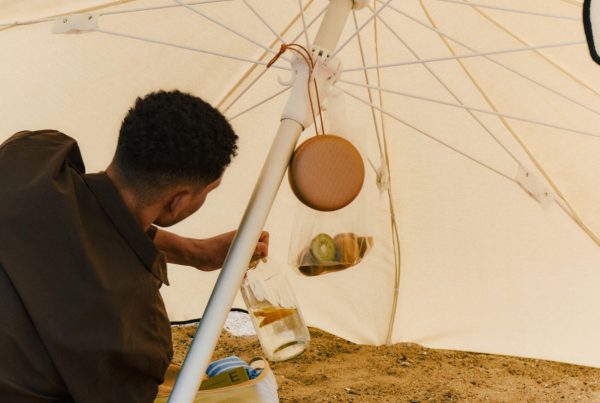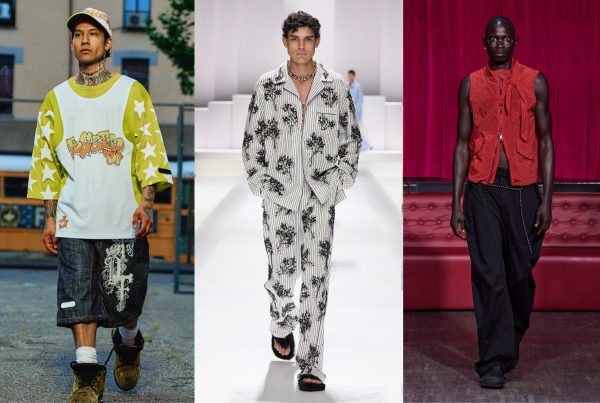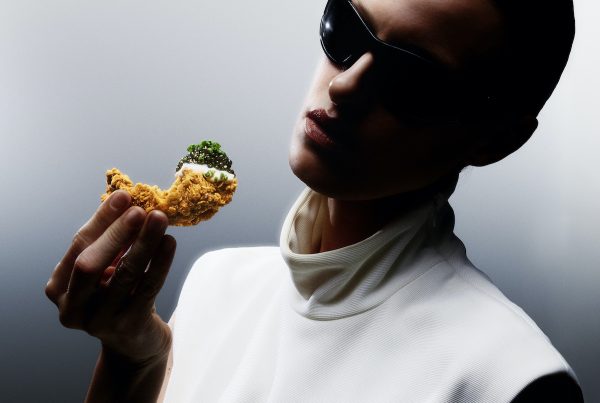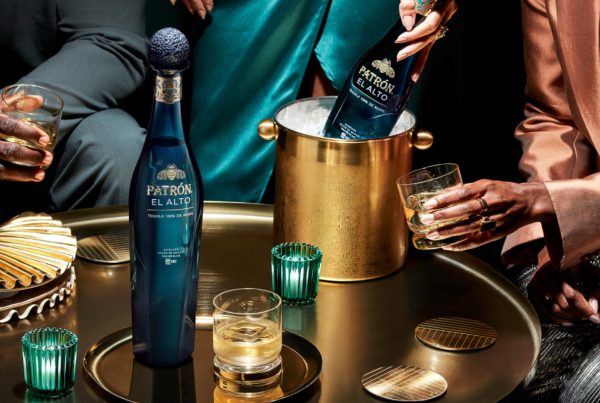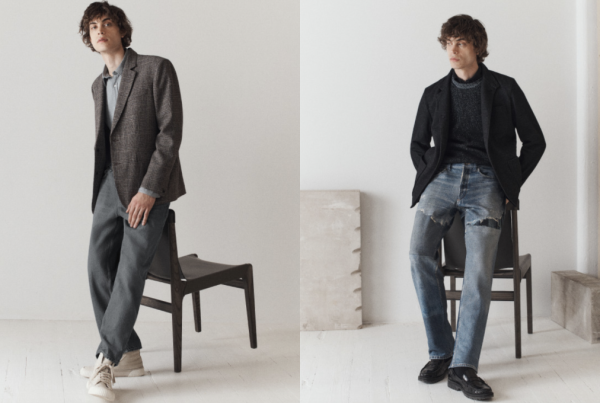PAUSE Q&A with AKON.
It’s the year 2004. The world is amidst a technological revolution, the hip-hop industry is awash in a variety of trends and events that are defining its landscape (establishing itself both commercially and critically as one of the world’s foremost cultural forces) and newcomer Akon has just released his debut single ‘Locked Up’, an unescapable track unlike anything the world has ever heard before.
You can feel it – the significant shift in the air. The way people are consuming and accessing both information and music has changed and it’s safe to say, culture is undergoing a revolution.
Now in 2023, with the pace of technological advancement continuing to accelerate exponentially, we find ourselves searching for peace in the few things that have remained the same. Despite the burgeoning generation of new artists, Akon’s influence still echoes with indelible power almost two decades later.
It can often be said that “dreams don’t work unless you do”, or at least that was the case for Akon (born Aliaune Thiam in St Louis, Missouri to Senegalese parents). Growing up, Akon held fast to a childhood dream of making a positive impact. Standing tall as an award-winning artist, astute entrepreneur, songwriter, and philanthropist, what was once a ‘dream’ to Akon is truly his reality.
As a true testament to the power of cultural and meaningful fusion, Akon is undergoing a musical renaissance, and there is no better time to champion this than on the 50th anniversary of hip-hop, being a movement that has eagerly welcomed and changed many lives globally.
In our special #HIPHOP50 edition interview, PAUSE Magazine sat down with Akon to discuss his latest EP ‘Afro Freak’, the impact of music and collaboration, and how he is using his platform to change the world.
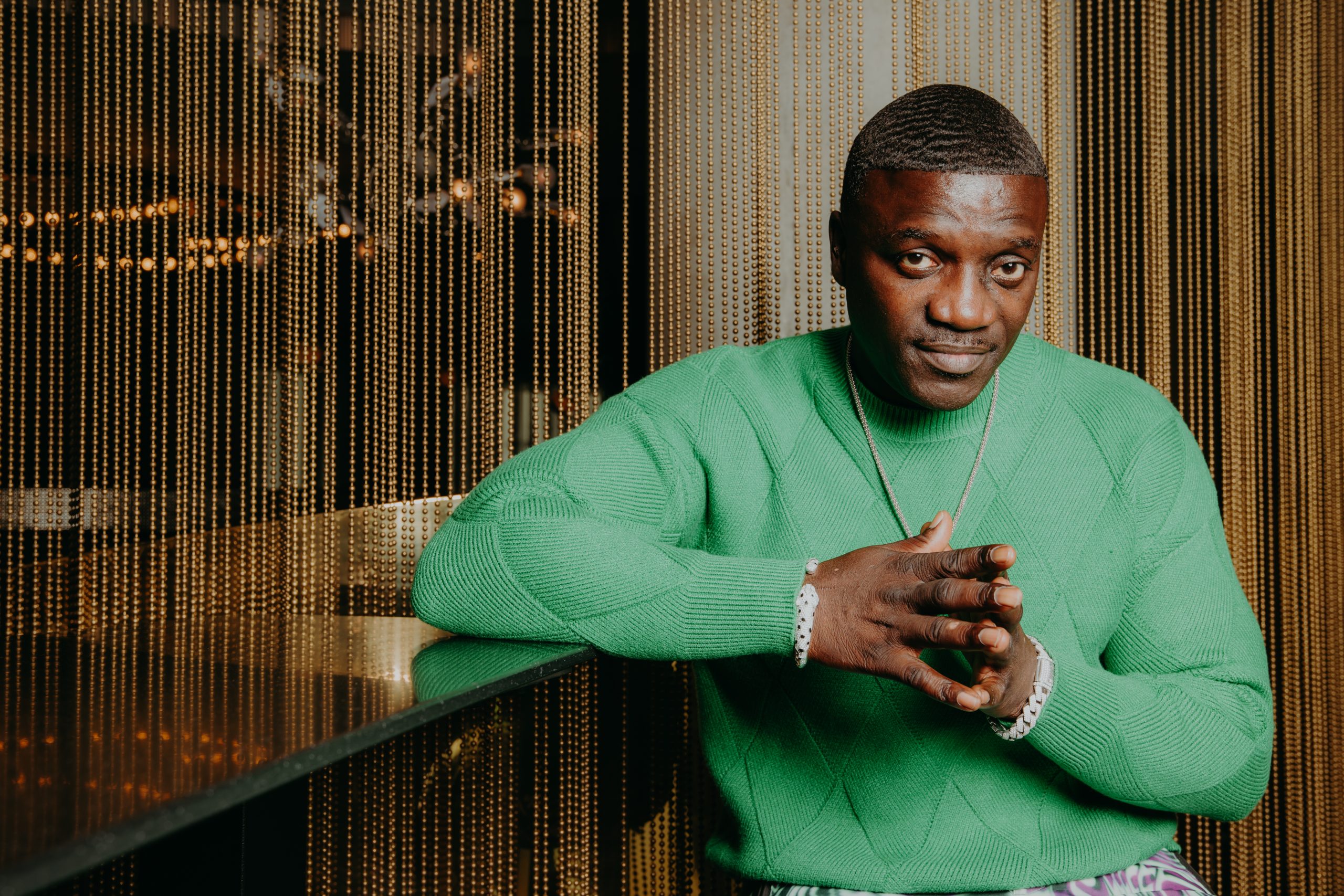
PHOTO CREDIT: Zek Snaps
We must begin by touching on the emergence of hip-hop and its subcultures in the last 50 years. With a career spanning almost half of that, you must have witnessed the scene’s transgression first-hand. What do you think has contributed most to its success and growth over the years?
I would probably say the one thing that has contributed to the success the most is YouTube and all the social media platforms. I have watched how you have a lot of local artists who have always been popular in their neighbourhoods and towns and ultimately, no one would ever know they existed unless you visited that area. Whereas now, they are able to share their local art and songs, sharing things that people would normally hear in different territories. Especially places like Latin America and Africa. I have particularly seen how much that talent leaves and is meant to spread.
Precisely. I think back in the day we used to rely on the traditional means of hearing new music, whether that would be word of mouth or waiting on a radio station or MTV Base to play something. I actually have fond memories, I must tell you about, when we were younger and ‘Smack That’ would come on the radio, me and my brother would sing-along and often get in trouble by our dad for using naughty words. We were like 5 or 6.
Are you serious? Hahahahaha. That’s funny.
Well, actually – I am no expert, but upon listening to your new album, am I mistaken for thinking that there is a song that features instrumentation that is mildly reminiscent of ‘Don’t Matter’?
I can see why you think that. It might be. Most of my sounds are similar to one another and what I bring hasn’t been heard out there that much so when I do come out with something, it may remind you of the past. So, I would not doubt it at all, not at all.
The OG comeback era seems to be upon us. It seems like every day, this resurgence of nostalgia feels welcomed, particularly from the early 2000s. What do you think this tells us about our current culture and our relationship with the past?
I think the current culture is still learning a lot. There are more fans than there are musicians. I’m now realising that the more I get into it. I think at the same time, because there are more fans, a lot of the things that it took for artists to be where they are, they kind of take it for granted – like artist development. It’s obvious that the technology makes it easier for them too. [Saying that], there is also a lack of appreciation because it comes so easy. Everything is more microwaved; it’s cut and paste. it does change the game a little bit when it comes to creativity but as far as the development of it, I think they are trying to lead the way on how music can be distributed, expressed, and made. The new generation are at the forefront and can take the credit for music being accessible because back then, you had to be signed to a major label to get any kind of exposure.
I guess there’s a healthy balance between the two?
Yeah, exactly. That part. You can’t have it all. You gain one thing and lose another.
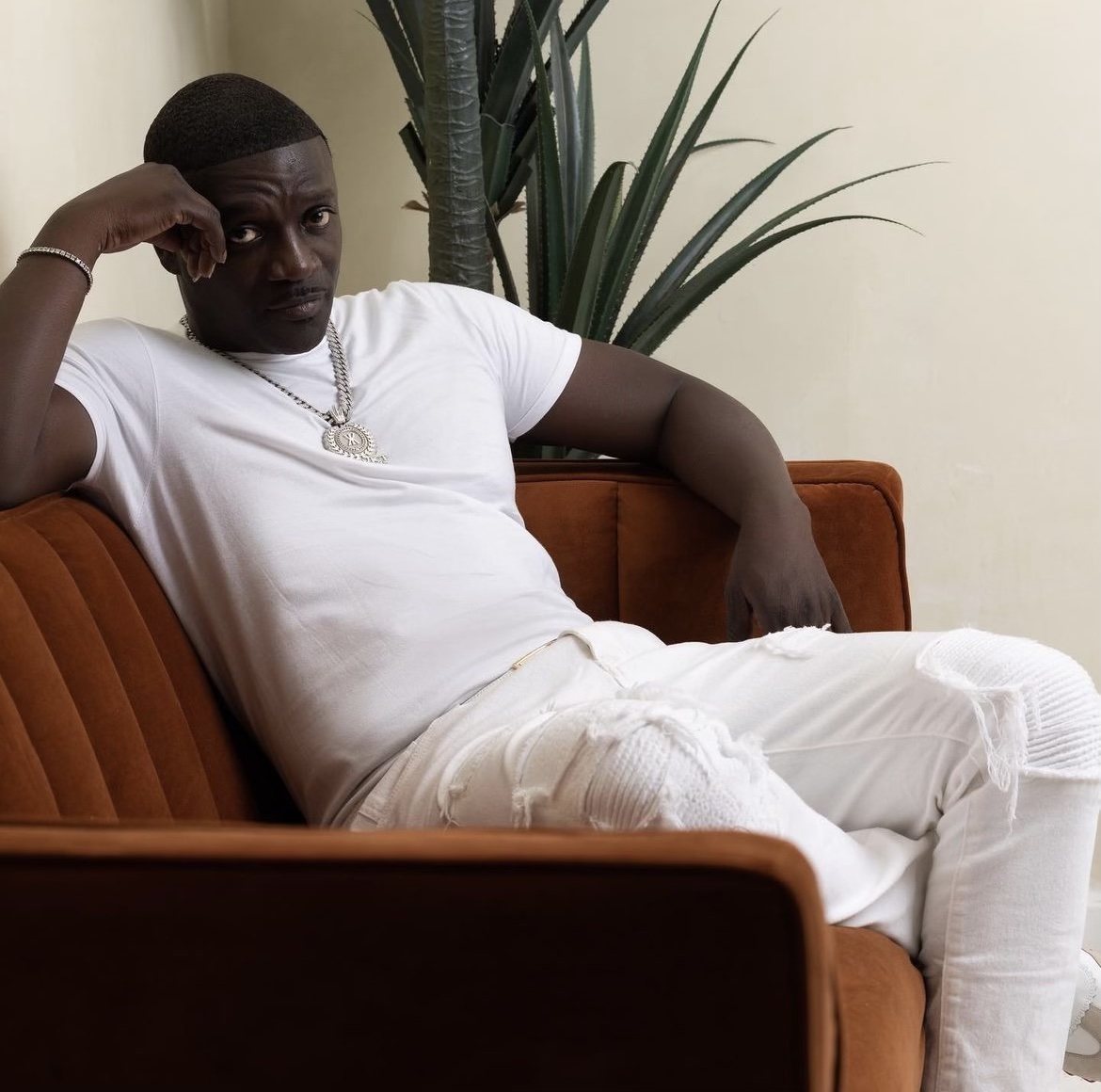
PHOTO CREDIT: @Akon via Instagram
Yet with these cultural changes, your music has still endured, and it speaks to the resiliency of the genre and the people behind it. How have you managed to stay motivated as an artist?
Actually, motivation came from being motivated. Ultimately. I was de-motivated for a while, and when I started travelling, I was reminded of why I got into music in the first place. I started to re-recognise the passion within me, especially from the musicians here. That revived my motivation, sometimes we can take things for granted. A lot of people don’t realise the opportunities ahead of them, to do what they love in front of millions of people and see the impact. It’s only until you go back to Africa, and you see the difference. I [definitely] think that travelling motivated me more than anything else.
Do you think music continues to change for the better as the years go on? What elements do you think contribute to this?
I think it’s changing for the better, without a doubt. I think that the contribution is collaboration globally. The audiences now, too, are becoming more open to different genres of music too. At one point in time, you were really stuck with what you’d listening to. It’s like, hip-hop heads weren’t really listening to reggaeton and reggaeton weren’t really listening to RnB but now everyone is collaborating with one another, sampling different records from oldies, from different genres (and adding it into their own genre) … like ‘Last Last’ by Burna Boy – that’s an old Toni Braxton sample. It’s two different genres, you know what I’m saying? It’s still been able to be collaborated with and appreciated but has become another whole big hit in another territory. I think that things like that really contribute to the music in general.
Do you know what I’m so happy you just mentioned that – we’re on the same level.
Right?
Due to its ability to reflect the times as well as provide escapism, music has remained relevant and popular for decades. Another trend I’ve seen in contemporary music is extracting segments of songs and tailoring them to today’s listeners. The practice of sampling has always been a cornerstone of early hip-hop, and it is becoming more popular each year. What is it about the old songs that drives forward towards the new?
Well… the fact that a lot of those old songs are hits. We had a lot more quality back then. It’s like now when people kind of get blocked… or their originality isn’t as useful? They go back to older records that worked and has already proven to be a hit record, and then sample them and bring it back. Often, if it was a hit back then, it’s going to be a hit today. It’s just now you put a current twist, that’s what creates the demand.
So, with that, you recently dropped a modernized version of the classic ‘Locked Up’ alongside Steve Aoki and Trinix. Tell us more about how that collaboration came about.
Ah man, actually Steve Aoki hit me up like: “Yo Kon, we want to remix your ‘Locked Up’ and I said “Well, let’s do it”. It was really that simple. Recently, I’ve been getting a lot of remixes to my catalogue and a lot of them are on Tik-Tok.
Yes, oh my gosh. ‘Belly Dancer’. Can I just say, I may or may not have had a full dance routine for that as a child. I was the OG. Before any of these “Tik-Tokers”.
Hahaha! I believe you. I’m happy. The OG. (laughs)
It’s almost as if Afrobeats has undergone a similar transgressive movement, whereby there is no longer just ‘afro-beats’, but there is afro-pop, afro-drill and more. Do you think this has opened a new avenue for younger generations to explore, since these sounds are often used interchangeably?
Absolutely. It definitely opened up a new avenue for me. No doubt. It’s an avenue-opener.
A beautiful aspect of music is its ability to transcend geographical boundaries. As an artist, you have seamlessly bridged the gap between distinct musical traditions by incorporating elements of different cultures – Latin, African, American… Did you always have this goal in mind?
I think it was something that happened organically. Being raised in Africa, I grew up listening to all music, there was no specific genres, music was just music. It was only until I got into America when music was partitioned and spread into genres. In Africa, the radio played Country music, and then RnB, right behind Classical, Jazz, Latin. We didn’t know the difference. We just knew that good music was good music.
In fact, looking back, growing up in the middle east, you would actually ring up the radio stations too and request a song. There was no particular genre that was played. It was more: “Oh, you wanna hear that song – and then that song…”
Right, exactly!
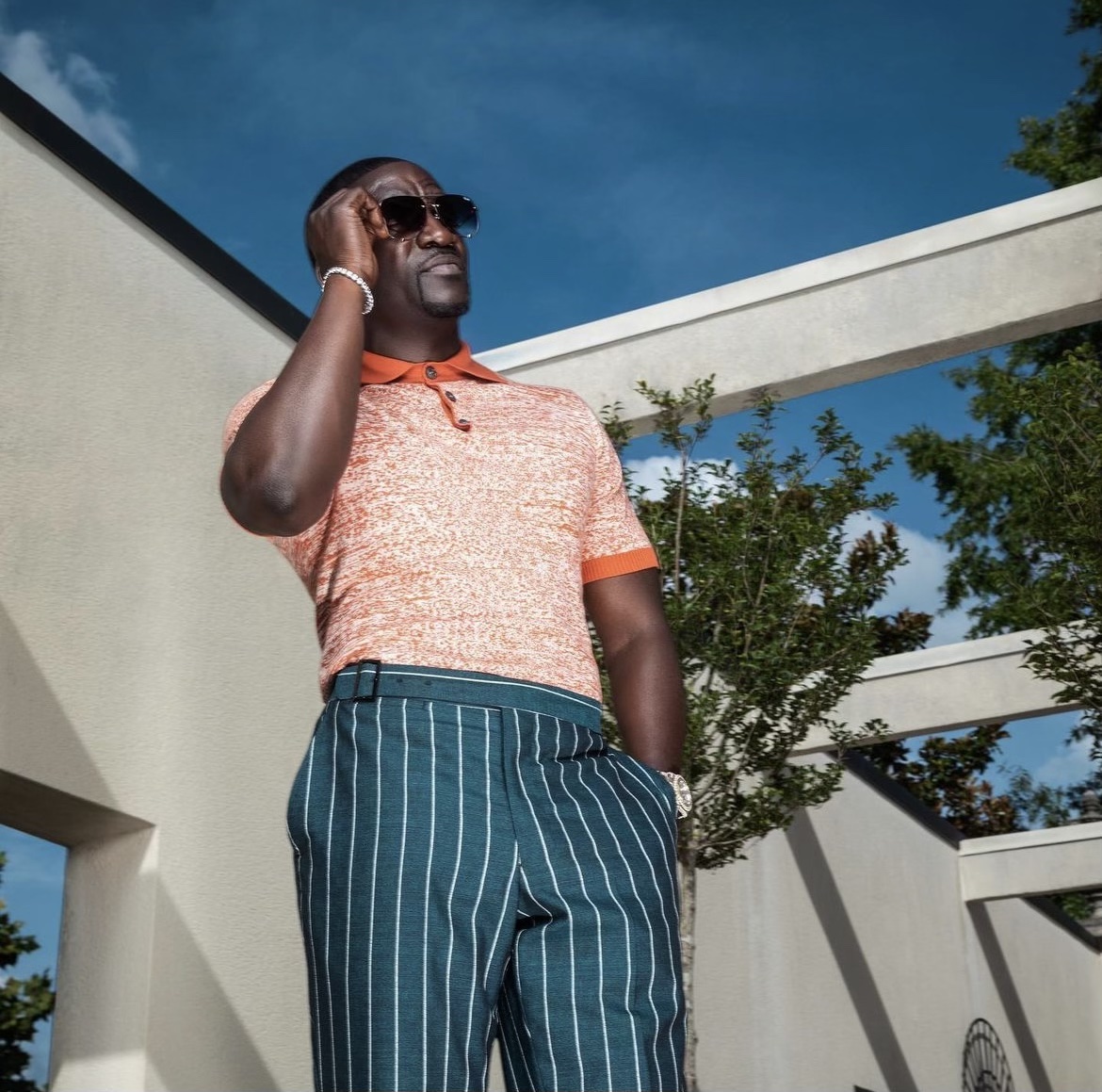
PHOTO CREDIT: @Akon via Instagram
Let’s talk your new music. ‘Afro Freak’ features dance-floor ready, bouncy rhythms that embrace characteristics of Amapiano, woven with lyricism relatable on a deeper level. What do you hope your listeners will take away from this EP?
I hope they take away that as a listener, they can realise I was having fun. This record wasn’t made to break any major records or go super-crazy on the charts. It was really me just having fun without thinking of the performance level or what was going to be expected. Expecting nothing out of it. I just wanted to have fun and feel amazing. Moving forward for me, I want music to always be that way as it keeps me motivated to continue to making records. When I was active, everybody around me including my surroundings, were more worried about being number one on the Billboards, or getting a certain amount of Grammy Awards, which certainly takes the fun out of it. Now, there’s nothing I really need from music. I have gotten everything I have ever wanted from music so now I just want to enjoy it. That’s why the first single itself is called “Enjoy That Sh*t” – why have a life like mine if you can’t take time out to enjoy it?
Having worked closely with some of the greatest musicians of all time, you have also fostered a sense of unity within the music industry. How does making a positive impact on others fuel your commitment?
Oh no, that feels amazing. Ultimately, everything that I’ve been doing, I’ve been wanting to do it so it actually does make some impact. I think when you waste a lot of energy doing something and there isn’t an impact, it’s a waste of energy. Impact is the purpose of a lot of our existence. Any world where you can create an opportunity for someone to feel better or make their life better, it’s a process of what you have created or been involved in, that’s the ultimate prize.
Besides your contribution to the entertainment industry, you are also a compassionate person and have a number of successful business ventures, including owning a record label, working on renewable energy projects, mentoring a new generation, and spearheading your own clothing brand. How do you find the right balance and commitment for something so meaningful?
Well, I think the secret is to get involved with things that you just do naturally. That actually works hand in hand, cohesively with each other. Music, fashion, sports, they come together all the same. We’re all from the same community and we all communicate the same. When you talkin’ about music and then fashion, it all kind of works hand-in-hand so it makes it easy. It would be different if I went from something like music to medical – now that’s going to be a hard task! That’s two different adjustments, you know what I’m saying?
When you think of legacy, what is it that you want to be remembered for? For generations to come, how do you hope Akon’s name will continue to shape music and culture?
Recently, I want to believe that I have discovered my purpose. I want, if anything, to be remembered that Akon did everything he could. Especially, for the property development of the youth coming up.
stream Akon’s latest EP ‘Afro Freak’
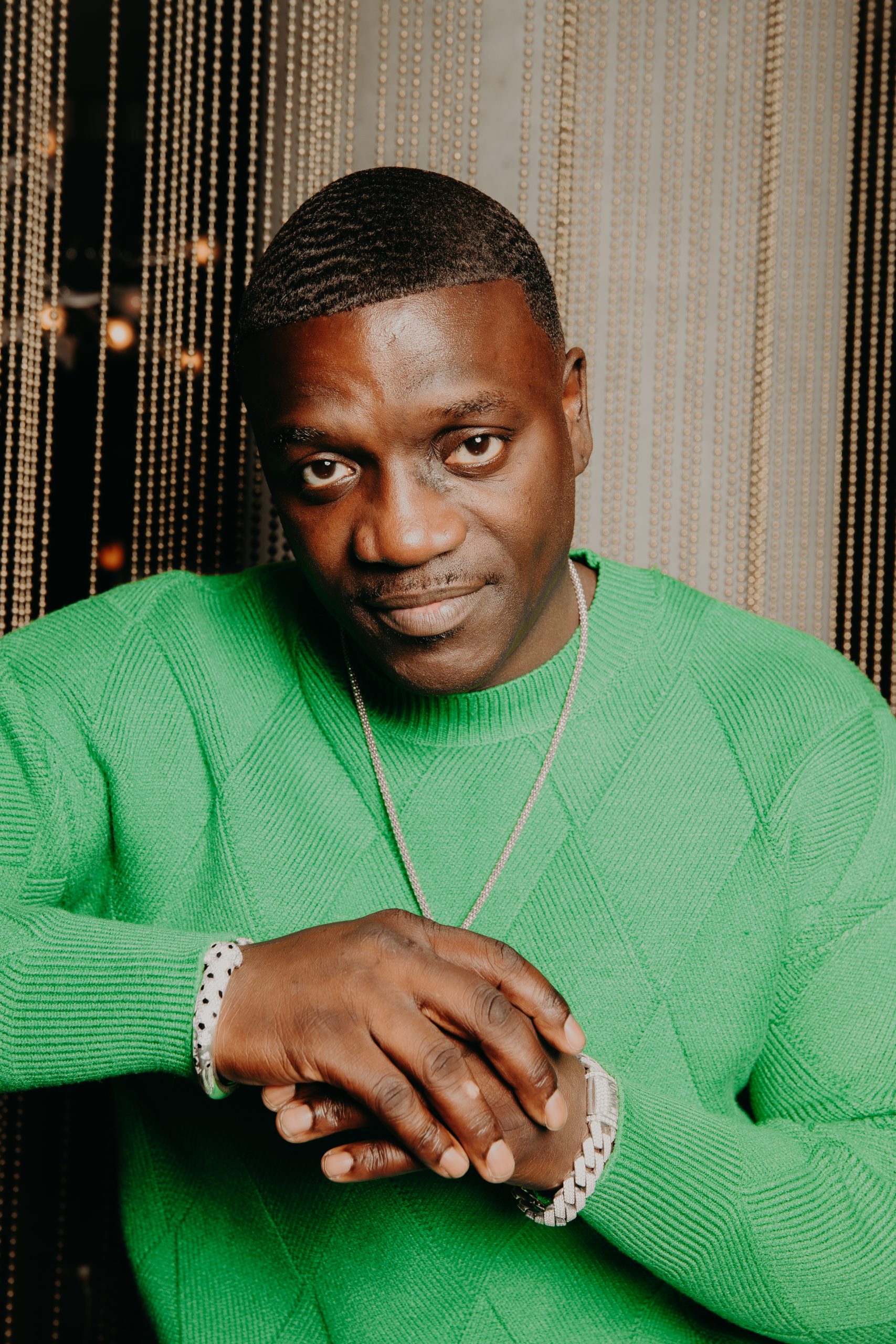
PHOTO CREDIT: Zek Snaps

